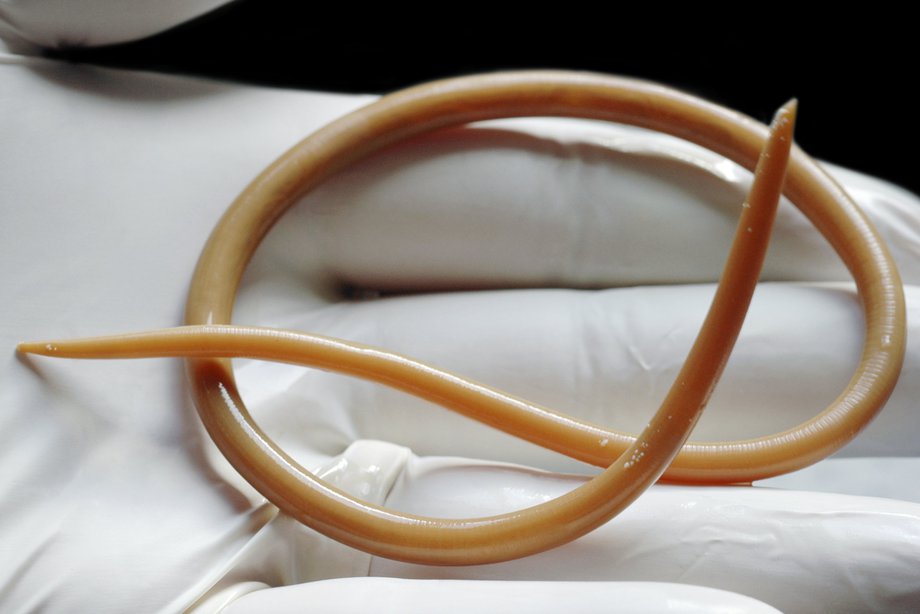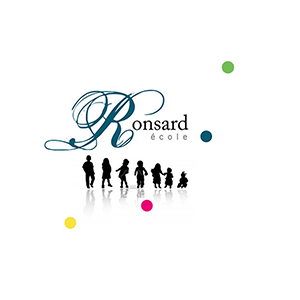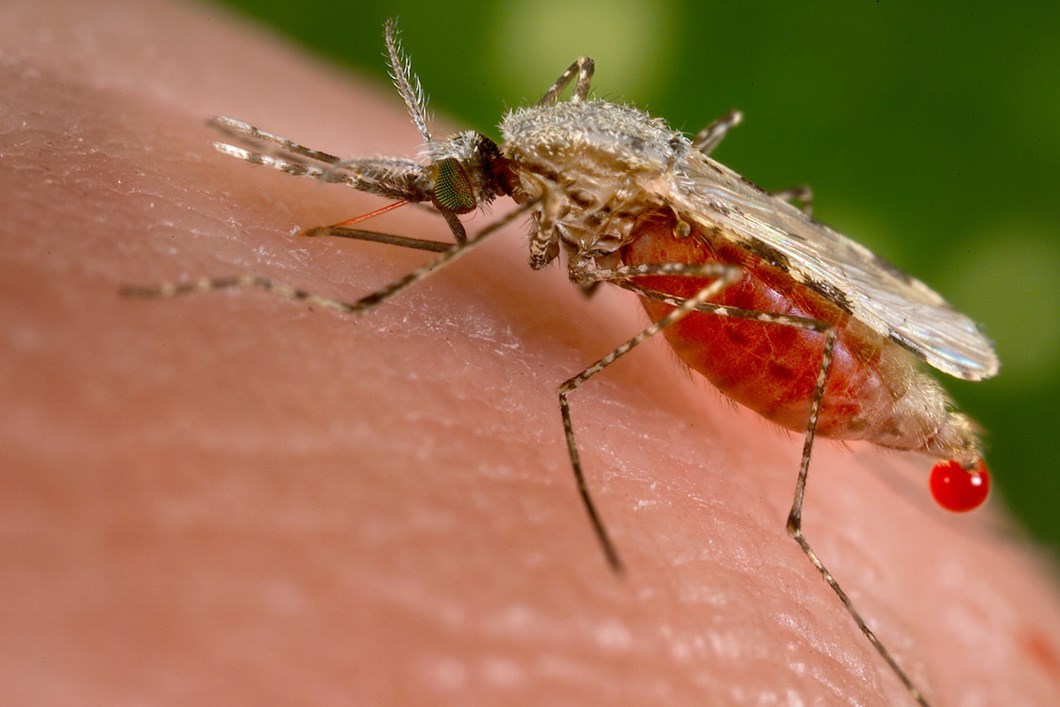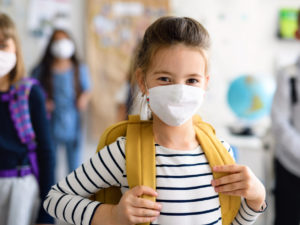5 Common back to school diseases and how to prevent them
5 Common back-to-school diseases and how to prevent them
How many times have you dropped your child off at school perfectly normal, and then pick them up with diseases like a cold or cough? And, it did not end there, you got infected too! Well, we bet you can relate! When it comes to raising happy kids, good health is a major factor that cannot be ignored. Here, at Ecole Ronsard, we do not only care about your child’s academic success but about their health too. That’s why we decided to seek a health expert’s advice on helping you raise a healthy child especially throughout school.
So, our search landed us in the office of Dr. Ernest Opare who is a Family Medicine resident at Korle-Bu Teaching Hospital. He shares with us top 5 common diseases that affect children, what parents should know, some prevention tips and when to go to the doctor. Read on to find out more…
The definition of a healthy child goes beyond one who is physically fit. Rather, a healthy child is one who possesses a state of complete physical, mental and social well-being (World Health Organization). ‘So, if your child lacks even one of these three, chances are he or she may not be healthy. A child who is physically not ill may be able to socialize but not perform well in school mentally. Being in school, makes it easier to tell’, says Dr. Opare.
1. Malaria
Top on our list is the dreadful malaria. We bet you are not surprised to see it at number one! Caused by a bite from female anopheles’ mosquito, you don’t want to ever wish your child had it. Signs of malaria may include fever, lethargy and vomiting. In cases of fever, Dr. Opare advises parents to give a control drug like paracetamol to prevent seizures, instead of giving a malarial drug right away. ‘Not every fever may mean malaria,’ he says and self-medication could lead to a worse condition. As a matter of fact, he further cautions that though the fever may get better, still take your child to the hospital for further diagnosis. According to him, it is better to focus on preventive rather than curative measures, not only with malaria, but with all the other diseases too.
Preventive measures:
-Have kids sleep in insecticide-treated nets at night
-Have kids sleep in long sleeves and trousers pajamas
-Avoid keeping stagnant waters around the home
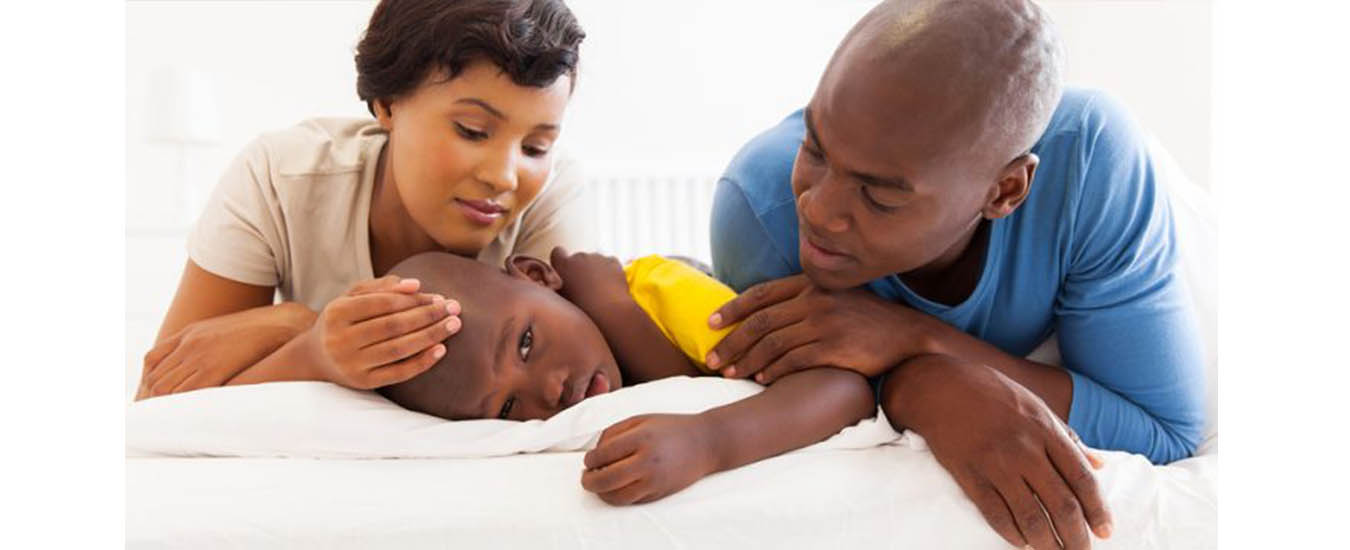
2. Diarrheal diseases
Watery stools and frequent visits to the loo, accompanied by vomiting, are characteristics of diarrheal diseases. An example is typhoid which is caused by the Salmonella Typhi bacteria, often found in fecal matter. A child would contract the disease by consuming water or food which has been contaminated by the bacteria. Since these diseases are water drainers, trust us, you don’t want your child getting it. But what if he or she does?
When fighting diarrhea, the best thing to do is to keep your child well-hydrated before transporting to Hospital, instead of trying to stop the diarrhea with self-medication, says Dr. Opare. This is done to replace fluids lost since the body, especially the kidneys cannot function well when dehydrated. Have your child sip water or Oral-Rehydration Salt (ORS) to keep fluid levels up and rush them to the hospital. After being attended to in the hospital, the physician advises parents to complete the full zinc tablet medication administered to the child. This, reduces the risk of the condition resurfacing.
Preventive measures:
-For little ones, parents and caregivers must always wash their hands for them
-Teach kids the art of hand-washing with soap under running water anytime they visit loo or urinal
-Encourage kids to wash hands with soap and water before and after eating
-Use sanitizers where necessary (but should not replace hand-washing)
-For caregivers – dispose off diapers immediately after changing and always wash hands with soap and water
-Always serve hot foods
-Sterilize their bottles regularly
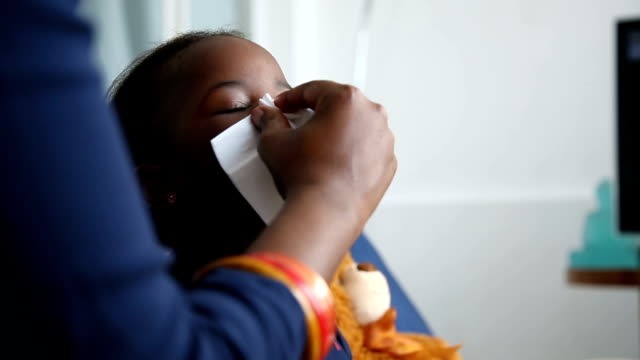
3. Respiratory Tract Infections (RTIs)
Coming third are Respiratory tract infections (RTIs) which affect the sinuses, throat, airways or lungs. They include colds, pneumonia, bronchitis and allergies to mention a few, but the commonest is the cold. The virus spreads when children come into contact with infected persons. Since kids play together and are usually grouped together, they are more susceptible to getting the cold. ‘If it’s a common cold, it usually resolves on its own,’ says Dr. Opare. Therefore, rehydrate them and give painkillers when there is fever. In cases of cough, difficulty in breathing and chills, see the doctor immediately. Though not a preventive measure, drinking loads of water and consuming lots of fruits and veggies can strengthen your child’s immune system.
Preventive measures:
-Get kids to use handkerchiefs
-Encourage kids to cover their mouths and nose while sneezing and coughing
-Encourage frequent handwashing

4. Anemia
According to the Ghana National Anemia Profile (May 2017), anemia affects 76% of Ghanaian children. Anemia simply refers to the condition where your child’s hemoglobin or blood level is too low for their ages. Anemia could be pretty scary and if care is not taken, kids who suffer from the acute type may find it hard getting back to normal. Unlike the others, this guy affects the cognitive function and development of your child – weakness, loss of concentration in school and dullness are a signs your child may be anemic. Once you notice these signs, get them checked up as soon as possible. Causes? Well, the number one cause of this disease in most kids is worms, says Dr. Opare. Others include iron deficient diets and severe cases of malaria.
Preventive measures
-Give children diets rich in iron (meats, fish, eggs, leafy greens)
-Deworm children every three months
